|
London, 1945.
World War II is coming to an end. The Blitz, air raid sirens, and bomb shelters are things of the past, but the reality of living with loss in a war-torn city remains. Rationing and deprivation continue. Recovering from the trauma of war and wartime is difficult for everyone, but especially if you’re eleven years old. Brita Sandstrom’s middle-grade novel centers on Charlie who lives with his mom, grandpa, and cat Biscuits. A World War I veteran, his one-armed Grandpa Fritz prepares Charlie for the return of his wounded older brother, explaining that the war experience steals something from people. If a soldier survives, he comes back missing a piece of himself. But Charlie is full of hope. He had promised his brother Theo that he would look after the family and he had. His mother gave him permission to leave school for a time to care for Grandpa on his “down” days when she went to work. Charlie takes care of the shopping and manages the ration cards. He prays daily that Theo will come home and that Theo will be fine. And his prayers work. Theo is returning alive from a hospital in France....
0 Comments
At VoegelinView this month...
It was a classic when it was first published in 1949, but it remains a classic because it is one-of-a-kind. Marchette Chute’s Shakespeare of London is absolutely my favorite biography of Shakespeare because of her contextual approach. Rather than focusing on biographical elements alone, Chute essentially crafts the story of Shakespeare’s life from a paper trail, from wherever she could find town records, lease arrangements, tax papers, theatre programs, personal letters, and really anything in print. She creates a holistic picture of the time period in Stratford-upon-Avon and in London while effectively showing the complexity of the London stage. Chute writes about how Shakespeare’s arrival in London was perfectly timed as the theatres themselves were just blossoming: “William Shakespeare brought great gifts to London, but the city was waiting with gifts of its own to offer him. The root of his genius was his own but it was London that supplied him with favoring weather.” More than one chapter deals with the rigorous training a successful actor had to go through. From the physicality of stunts, fencing, and dancing to the ability to sing and capture an audience with voice, the requisite skills of an actor were truly gifts in a competitive field. The repertoire of one actor, let alone an active company, was a teeming stock of stories. from the archives... What a worthy translation by David Jack. The second in his translation series, this latest 2018 edition of Castle Warlock provides the complete original Scots text side by side with English. In his introduction Jack writes, “Many people know MacDonald chiefly as a writer of fantasies, and indeed within the story of Castle Warlock are elements of the supernatural worthily handled by the master.” And I agree. George MacDonald’s novels aren’t bound to plot as other fiction works of the 19th century are. Rather, MacDonald is bound to the poetic truth he must tell through his characters and the places they live. Treasure this as a slow read with beautiful waysides, not as a plot-driven romp. MacDonald narrates, “I think we shall come at length to feel all places, as all times and all spaces, venerable, because they are the outcome of the eternal nature and the eternal thought." When we have God, all is holy, and we are at home. The sense of belonging and the theme of fatherhood are constants. But they are things that must be found or realized. This search is evident in young Cosmo Warlock as he matures under a wise and humble father through the length of the book. No honest heart indeed could be near Cosmo long and not love him—for the one reason that humanity was in him so largely developed. The lives and stories of Joan, Aggie, and Grizzie join Cosmo’s as we slowly and certainly come to love them all. They are the stories of friends as MacDonald consistently teaches us of God’s faithfulness. Though I struggled with Cosmo’s lack of discernment when the doctor entreats him about Joan, I chalk it up to the struggle of youth and experience as MacDonald may have intended. And finally, I do admit to crying upon reading MacDonald’s poem postlude. Such beauty in the meaning of shadow and light, and how much more in God’s light revealed through MacDonald’s characters.
For information on David Jack's brave work of translating all twelve of MacDonald's Scots novels, read more at The Works of George MacDonald and enjoy a listen here. Every now and then I land upon a book that causes me to pause, to slow my reading. My desire to absorb what I read surpasses my desire to finish the book, even such a short one as A Confession. Leo Tolstoy was 51. Having gained fame and fortune after publishing War and Peace (1869) and Anna Karenina (1877), he earnestly questioned his purpose in life. Tracing his childhood and young adult life at first, Tolstoy admits that he never thought about what he believed or why. He saw no reason to continue in the Orthodox Christianity he was brought up in. People at a certain level of education didn’t need faith, he thought. “Then as now, it was and is quite impossible to judge by a man's life and conduct whether he is a believer or not.” Tolstoy did not see how religious doctrine played a part in anyone’s life—“in intercourse with others it is never encountered, and in a man's own life he never has to reckon with it.” Instead of pursuing what he saw as an empty faith, he says, “I tried to perfect myself mentally—I studied everything I could, anything life threw in my way; I tried to perfect my will, I drew up rules I tried to follow.” His self-centered attempts soon led to wanting to appear more perfect than others. So he did whatever he wanted, and the older he grew, and the more he watched others, he knew he had to make progress. He wanted to be good but saw that he was alone in this desire. As he describes his military life, Tolstoy lists all of his sins, but as he turned to writing in his twenties, his fellow writers were no different at heart than the soldiers and officers he lived among for so long. It wasn’t long before he realized that “the superstitious belief in progress is insufficient as a guide to life. I had to know why I was doing it.” It makes me remember a phrase from long ago, “the cult of progress.” In a writer’s life today, it’s still a mantra. But then in Chapter 3, Tolstoy turns his thoughts to education as he considered plans for his own children someday. “I would say to myself: ‘What for?’” He was really asking how do we teach if we’ve never been taught-- In reality I was ever revolving round one and the same insoluble problem, which was: How to teach without knowing what to teach. In the higher spheres of literary activity I had realized that one could not teach without knowing what, for I saw that people all taught differently, and by quarreling among themselves only succeeded in hiding their ignorance from one another. But here, with peasant children, I thought to evade this difficulty by letting them learn what they liked. It amuses me now when I remember how I shuffled in trying to satisfy my desire to teach, while in the depth of my soul I knew very well that I could not teach anything needful for I did not know what was needful. After spending a year at school work I went abroad a second time to discover how to teach others while myself knowing nothing." Tolstoy clearly recognizes the voids within him. He tried to replace an absence of faith in God with a faith in himself. He tried to give himself purpose, trying to attain status and fame in the military and as a writer before turning to teaching peasant families, all before he married and had a family. His striving had left him empty, and with his retrospective, Tolstoy saw himself for what he lacked.
I’ve only read these first chapters of A Confession, and I think I’ll reread them before moving on. Maybe it’s because I’m near the same age as he was when he examined his life. Maybe it’s because, when I'm alone, I question the fruitfulness of my life. Regardless, Tolstoy gives us much to ponder. What do we truly value? Do I know what I believe? Do I know my purpose? At the Front Porch Republic this month...
Censorship breeds thought. It causes us to question, and that’s not necessarily a bad thing. I wasn’t entirely surprised then to hear a student’s reaction as I pulled Huck Finn from the shelf. “I heard Twain was a racist.” I promptly asked if he had read any Mark Twain. “Nope.” I confess I was tempted to say, “Do you let other people decide what you think?” It would have been a lively debate in a high school classroom. But rather than argue or say more about Twain’s life, I said, “Let’s read the whole novel before you decide.” Thinking isn’t an end but a beginning, a beginning that is much like Huck’s own journey. In The Adventures of Tom Sawyer we know Huck is a follower by nature. But in The Adventures of Huckleberry Finn, Huck is beginning to change, or should I say, beginning to think. That doesn’t mean he’s some ideologue, however. Huck is no hero, though he is clearly a child on the cusp of adulthood. As in The Adventures of Tom Sawyer, Huck and Tom’s imaginary childhood adventures quickly become real. From pranking the ever-suspicious Jim at night to signing contracts in blood with their gang, Huck Finn begins as Tom’s story did. Their youth sparks the adventure, yet I think Twain manipulates their adolescence, especially Huck’s, to deepen his story. Adolescence often hinges on thinking—or not. OVER A YEAR AGO, I read Don King’s Out of My Bone: The Letters of Joy Davidman. I was struck by how quickly I felt Joy’s presence and personality in her correspondence with her sons, ex-husband, and husband-to-be, C.S. Lewis. Brash, opinionated, desperate, loving. Spanning years, these letters revealed more than a screen could. I felt who she was through her words. As one of my tutorial students and I finished discussing Pride and Prejudice this week, I was reminded of this same crystal realism. He had never read a book where letters were used so much, and he was surprised at how effective they were in fiction. As our conversation meandered, we gradually spoke of one of the most significant letters, one that Austen must have crafted with great care. As readers, we have joined Elizabeth in her misinterpretation of several characters, including Darcy. In Volume Two, Elizabeth has just rejected Darcy’s proposal of marriage and accused him of malice towards her sister Jane and towards Wickham. He then graciously extracts himself from her rudeness and sends her the longest letter of explanation the next day. It is a pivotal moment for Elizabeth and for Austen’s readers. As Elizabeth reads, we hear Darcy’s truth through his voice. In person, he speaks little in contrast to others, but here, in a letter, he is vividly present. His manners, his balance of diffidence and kindness are all revealed in his measured choice of words. We know him. I know him, and the feel of it astounds me still. But as in real life, letters can carry a sense of who a person is or was. I realize letters in literature are not new. But as in real life, letters can carry a sense of who a person is or was. Perhaps it is the deliberate time and care they take to write. My writer friend Michael De Sapio says, “It is an act every part of which expresses care, attention, and deliberate intent. It costs more, in every sense...writing a letter forces you to filter your information and set down the essential and significant. It is a true act of creation, with nothing random about it.” (Why Letter-Writing Is Essential to the Good Life)
To me, the personal creative act must be what reveals our essence, our personality in a selection of words. Whether fiction or fact, letter writing can express who we are. So how about it? I noticed lots of articles and features on writing letters at the beginning of the pandemic. I didn’t write much by hand, did you? Do you hope to? Has writing letters or reading them enriched you? Comment below or email me back. I’d love to hear more. When we think of love sonnets, most of us think of the sappy ooze of lyricists or perhaps the mush in greeting cards. But when they were first written in the 14th century, their intent was much different. OUR HISTORY It all began with Francesco Petrarch in 1304. Like his predecessor Dante, Petrarch was a devout Catholic. He too was exiled from Italy with his family due to civil unrest. Once in France, Petrarch’s father had a successful law practice, and the family prospered, so much so that he arranged the best education money could buy at the time—private tutors. By age 16, Petrarch dutifully followed in his father’s footsteps and studied law first at Montpelier then at Bologna. THE BOOKS Legend tells that since his father was supplying an allowance to Petrarch, he often made surprise visits at university. One such afternoon, Petrarch was quietly reading a book in his rented room when his father suddenly arrived. Enraged at the number of books Petrarch had purchased with his allowance, he promptly threw them out of the window and into the street below. Throwing around books at this time was no light matter. Before the printing press, many books were hand-copied and sewn together at great cost. If the story is indeed true, Petrarch likely spent a month’s allowance on one book alone. His personal library held copies of Homer’s Iliad, Cicero's Rhetoric, as well as Virgil’s Aeneid, all of which he loved dearly. FORGET THE LAW Meanwhile, his father set fire to the small stash in the middle of the street. Any passerby would know the value of that fire. Naturally disheartened, within a few months Petrarch quit law school and promptly announced he was going to be a writer and poet and take his ecclesiastical orders. Some biographers say that his father died before he could quit; others that Petrarch was simply dissatisfied with the untruthfulness of the law as a whole. A MUSE IS BORN Petrarch did pursue his minor orders as a cleric and began to write, and this is where the sonnet as a more popular form was born. Though he did not invent the sonnet, the personal and spiritual nature of his verse is intensely compelling. The story he tells lies in Sonnet 3. He was in Avignon at service on Good Friday in 1327, "the day the sun's ray had turned pale," a day of “universal woe,” when a light from the cathedral window shone on a woman rows in front of him. It was Laura de Sade, who was already wed or soon to be by most accounts. She was illumined, and a Muse was born. They likely never met or spoke from that moment, but Petrarch wrote hundreds of sonnets about her and to her. Petrarch was not selfishly obsessive, but a man instead who knew love in a different way. That God revealed her to him on Good Friday was everything. For him, Petrarch's unrequited love for Laura was about directing his soul, "From her to you comes loving thought that leads, as long as you pursue, to highest good . . ." (Sonnet 13). In his first sonnet, for example, Petrarch speaks of himself, not Laura. O you who hear within these scattered verses Petrarch does hope those who have loved before will understand his suffering. This, of course, is typical of the ideal of unrequited love sung of during the Middle Ages and Renaissance. The greater the sighs, the greater the suffering, the greater the love. He may appear to be in despair, but he is actually debased, drawn to humility and repentance as he wrestles with his flesh. His spiritual state is clear—he is humbled by how he is drawn to “vanities” or his love for Laura because he knows it is not eternal, but “a quick passing dream.” From her to you comes loving thought that leads, It is God’s Love that shines from within her as Petrarch envisions Laura. With gratitude, he is drawn to a Higher Love. Petrarch seems to know that he must pursue the “highest good” or his love will become common and fleshly, “what all men desire.” Rather than wallow in despair, he is filled with hope that his Muse is leading him heavenward.
War, or perceived war, affects our imagination. More than one reader shared a war account with me and wondered the same thing I did. During the pandemic, many hospitals and entire cities have been described as battlegrounds in a war against a virus. The word trauma appears regularly. Another reader responded that her foster children experienced the same lack C.S. Lewis observed in his London evacuees. Their imaginations had simply stopped. Her family continues to love and nurture and create opportunities for these children, for their imaginations to work. Play is crucial, she wrote. After a year, they are seeing creativity return. Lewis’s theory about limited imagination in wartime proves true. The imagination can shut down to protect itself from grief, from imagining too vividly what happened. It will try to prevent itself from reliving trauma. The mind and spirit protect themselves. I read parts of Dr. Bessel Van der Kolk’s book, The Body Keeps the Score: Brain, Mind, and Body in the Healing of Trauma, to understand a psychiatrist’s perspective. Whether through trauma, abuse, or neglect, traumatized people anticipate rejection and deprivation and are certain new options will lead to failure. When they are compulsively and constantly being pulled into the past, they cannot envision a different future. Dr. Karyn Purvis agrees and advocates for trauma-informed care for children who come from hard places. Severe trauma physically affects brain growth on a physical level. Cognitive processing and emotional regulation slow. Higher level brain growth is stunted. Purvis says that brain behavior must return to the place before trauma happened. We help trauma victims by rewriting their brains with new safe experiences. Some psychologists call this imprinting. Some call it bonding. But all of it relates to resurrecting this thing called imagination. In my reading this week, I’ve realized the deprivations of the pandemic have affected me more deeply than I had guessed. Is that too simple? I’m pretty sure I’ve ignored it. For me, it’s a first step—acknowledging that it’s there. Many of you have been shaped by layers of loss that go deeper. Maybe you've thought the word trauma is too strong. Your body, mind, and imagination have all been affected. I can’t offer a plan of action or the care of a therapist, but I can offer encouragement as we seek together to understand this thing called the imagination. Imagination is integral to the quality of our lives. It fires our creativity, relieves our boredom, alleviates our pain, enhances our pleasure, and enriches our most intimate relationships. Without it, hope fades. We are designed this way. In the words of George MacDonald, The imagination of man is made in the image of the imagination of God. Everything of man must have been of God first; and it will help much towards our understanding of the imagination and its functions in man if we first succeed in regarding aright the imagination of God, in which the imagination of man lives and moves and has its being." Please share any resources and thoughts below.
What if my imagination was stunted, having never really grown? I admit I haven’t considered this idea before. Call me naïve, but I supposed everyone had an active imagination whether it was sluggish or bustling. When I recently read David Beckmann’s account of C.S. Lewis and the London evacuees in Life with the Professor: The True Story Behind the Lion, the Witch, and the Wardrobe, I realized I had forgotten much of Lewis’s experiences during World War II when a number of school-age girls stayed with him, his brother Warnie, and their household help at the Kilns. Evacuees stayed for a few months or a few years while attending school nearby. Lewis quickly realized he and his brother could be positive influences on the children. Yet both men were also quick to admit they had had “little experience” with children in general. Lewis soon found he was a father figure, a homework helper, and chore enthusiast. He also was adept at spoiling the girls. Bypassing his housekeeper Mrs. Moore, he slipped snacks and treats to them regularly. But Lewis noted one thing was missing in the girls’ development—an apparent lack of imagination. It was as if the imagination muscle had atrophied. If he told a story on a long walk or at bedtime, the girls hardly knew what to do other than listen. Beckmann is certain Lewis began work on the Narnia Chronicles at this time, as early as 1939. Cultivating the imagination of children was simply one more motivation in his fiction journey. Beckmann writes, By the time the war was over, Lewis had a true, loving appreciation for the young and a compassionate concern that they learn to love the imaginary." Not all of us as children could craft the Boxen stories as Jack and Warnie did nor as the Brontë siblings did with the kingdoms of Angria, Gondal, and Glass Town. Maybe some would say our imaginations are lesser in comparison to these literary greats. Maybe so, but I'm not discouraged. Our imaginations are not extinct.
Beckmann’s short and relatable account quickened a train of thoughts for me. I wondered what role war and separation from family played in stifling the imagination of those girls. What about now? What other stressors inhibit creativity in the young? What about the old and all of us in between? Is it possible to kill the imagination entirely? Can we stir our own imagination? Join me in my ponderings this January. Share a comment or two below. December 25, 1956, New York City It was Harper Lee’s seventh year away from home in Alabama. When she wasn’t working at her job as an airline reservation agent, she wrote fiction. She never expected to make a living from it. Christmas away from home was hard and lonely every year. In Lee’s essay, “Christmas to Me,” the yearning she describes for home, the desire to return, is so similar to our yearnings this year. Not in nostalgia, but in the true sense of the Old English word yearn, our desire is eager to seek, beg, and demand what we no longer have. Yearning embraces all of these connotations. Like Lee, we ache for those family and friends who have died, and for many of us, we long for a return to the senses—to touch, smell, taste, hear a familiar voice. These—these help us to know how God has created us as beings. Our yearnings are felt physically and spiritually. It is with these types of vivid memories that Harper Lee writes-- I missed Christmas away from home, I thought. What I really missed was a memory of people long since gone, of my grandparents’ house bursting with cousins, smilax, and holly. I missed the sound of hunting boots, the sudden open-door gusts of chilly air that cut through the aroma of pine needles and oyster dressing. I missed my brother’s night-before-Christmas mask of rectitude, and my father’s bumblebee bass humming ‘Joy to the World.’ Over her early years in New York City, Lee had joined young writer Michael Brown and his family for many get-togethers. Their Christmases were always simple and light--We limited our gifts to pennies and wits and all-out competition. Who would come up with the most outrageous for the least? The real Christmas was for the children, an idea I found totally compatible, for I had long ago ceased to speculate on the meaning of Christmas as anything other than a day for children. Christmas was only a memory of old loves and empty rooms, something I buried with the past that underwent a vague, aching resurrection every year. Yes, Christmas brought pain, but in 1956, Lee again joined the Browns on Christmas Eve to be woken up by one of their boys early the next morning. The two boys and each member of the family opened gift after gift with great joy and gratitude, and Lee’s ache intensified. She started to believe she had been overlooked. Finally, Joy Brown said, ‘We haven’t forgotten you. Look on the tree.’ There was an envelope on the tree, addressed to me. I opened it and read: ‘You have one year off from your job to write whatever you please. Merry Christmas’....They assured me it was not some kind of joke. They’d had a good year, they said. They’d saved some money and thought it was high time they did something about me. They thought I had a great talent...and they wanted to show their faith in me the best way they knew how. Lee was stunned by the gift. A full, fair chance for a new life, she remembers. Not given me by an act of generosity, but an act of love. Our faith in you was really all I had heard them say….and as I stood at the window, looking at the lights and the snow, the ache of an old memory left me forever.
Not only had she been remembered, but Lee had also received trust, faith, and love—the most liberal gifts that removed the burden of the workaday world and gave her life-giving freedom to create. Harper Lee knew the love of her friends because she was seen and cherished. May we as parents and teachers and humanity remember this truth. No matter our longings or limitations this year, we are able to give of ourselves. We are able to show our trust of others, to demonstrate our faith in them, and to love unconditionally. To be loved is to be truly seen and cherished just as God sees us fully, for His act of love for us brought us His Son. In that year off of work in 1957, Lee wrote her first drafts of To Kill a Mockingbird. Published in 1960, the novel won the Pulitzer in 1961. “Christmas to Me” was originally published in the December 1961 issue of McCall’s Magazine. |

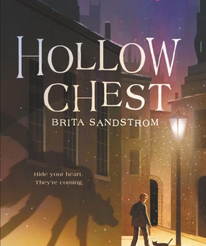
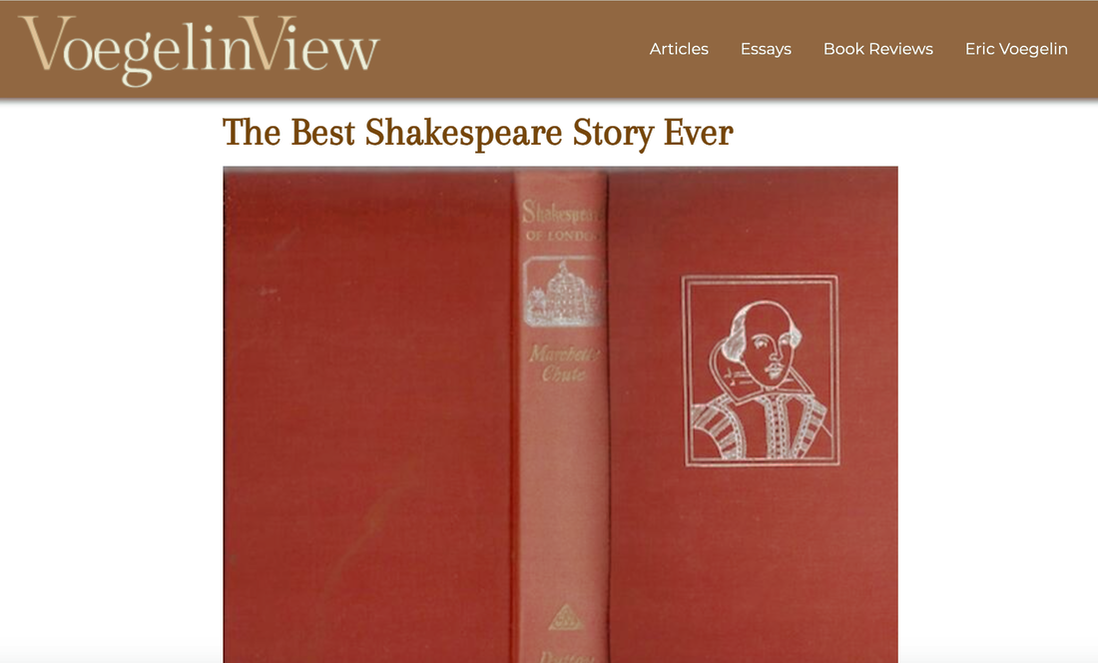

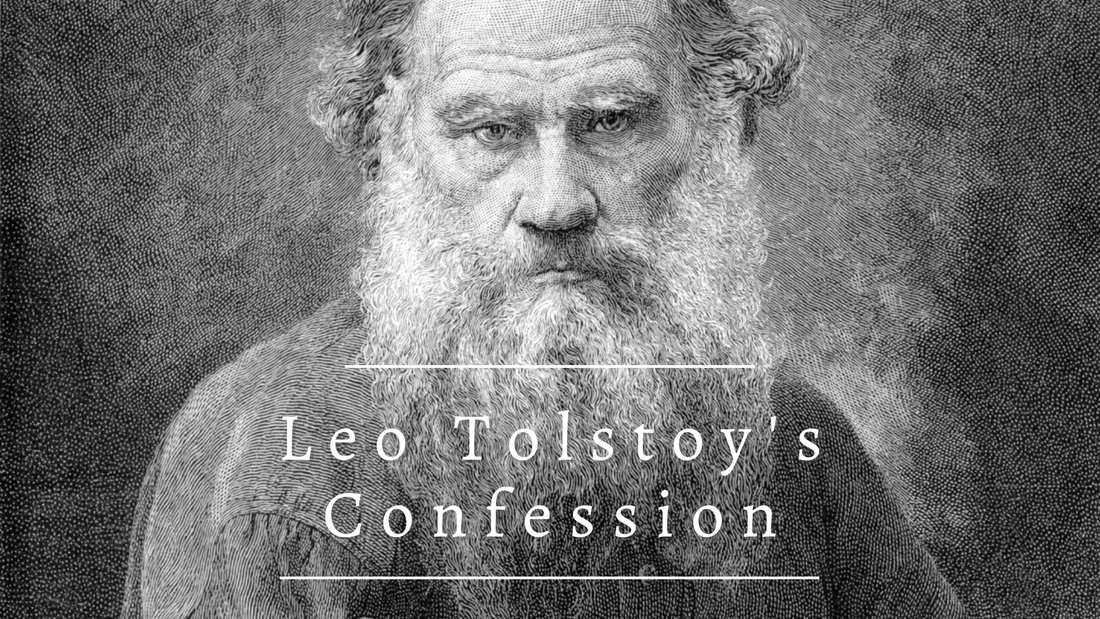
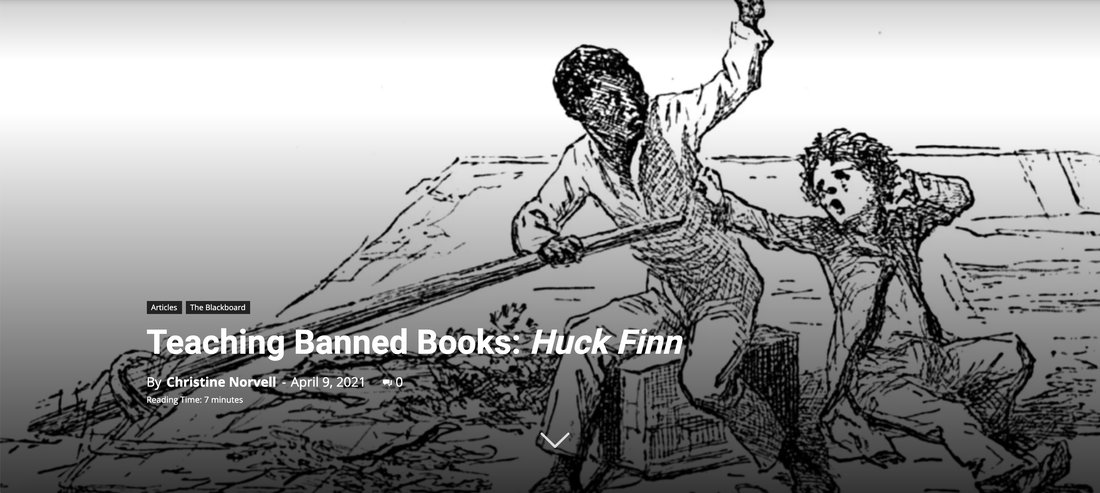
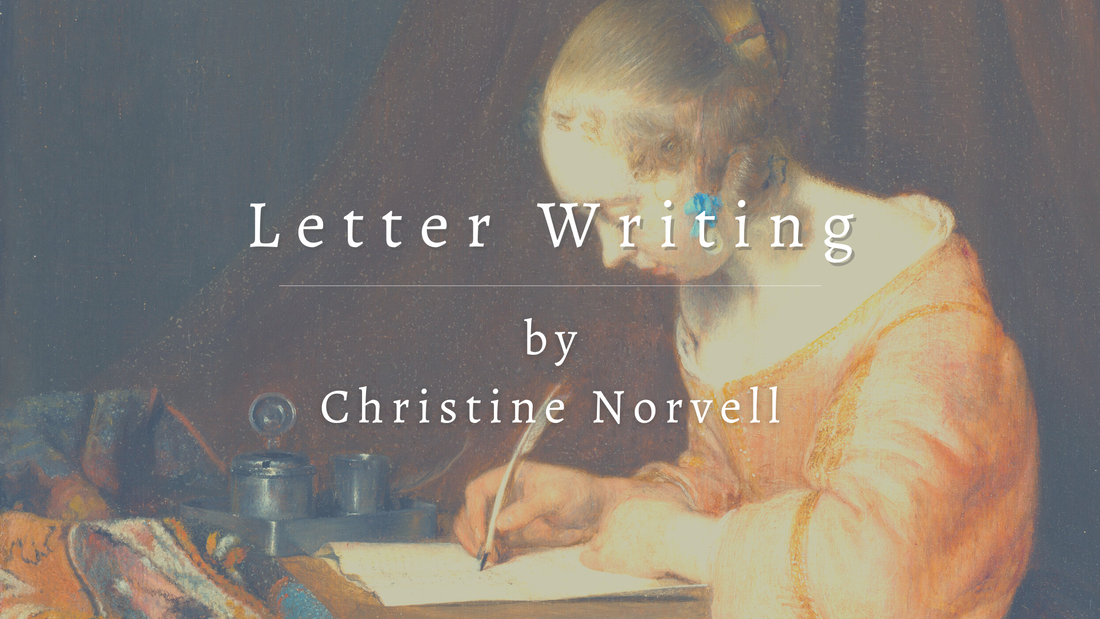
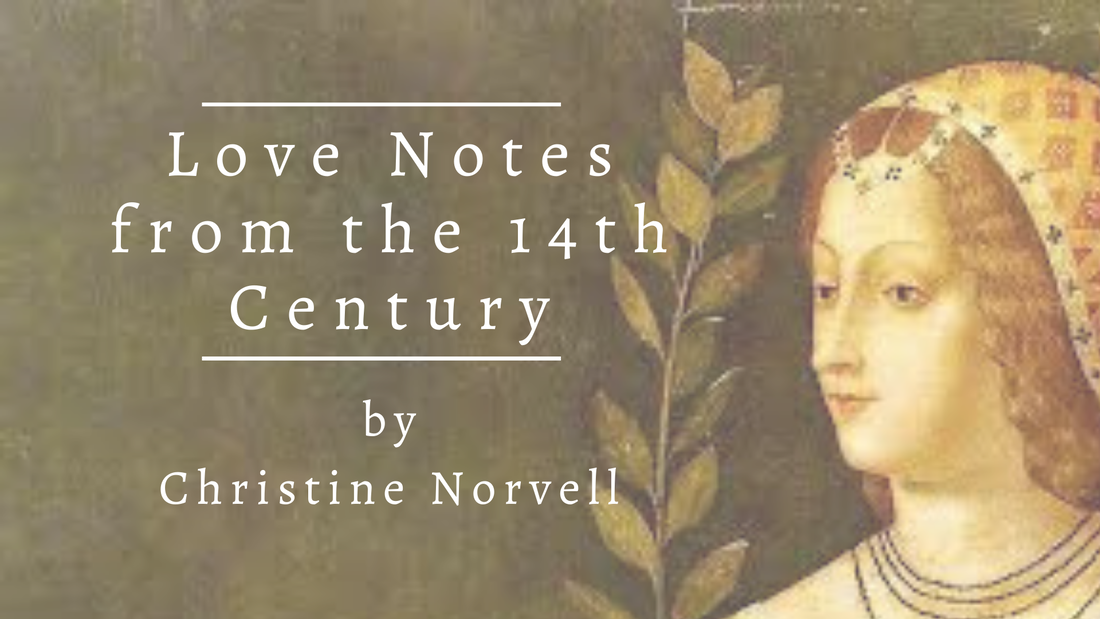
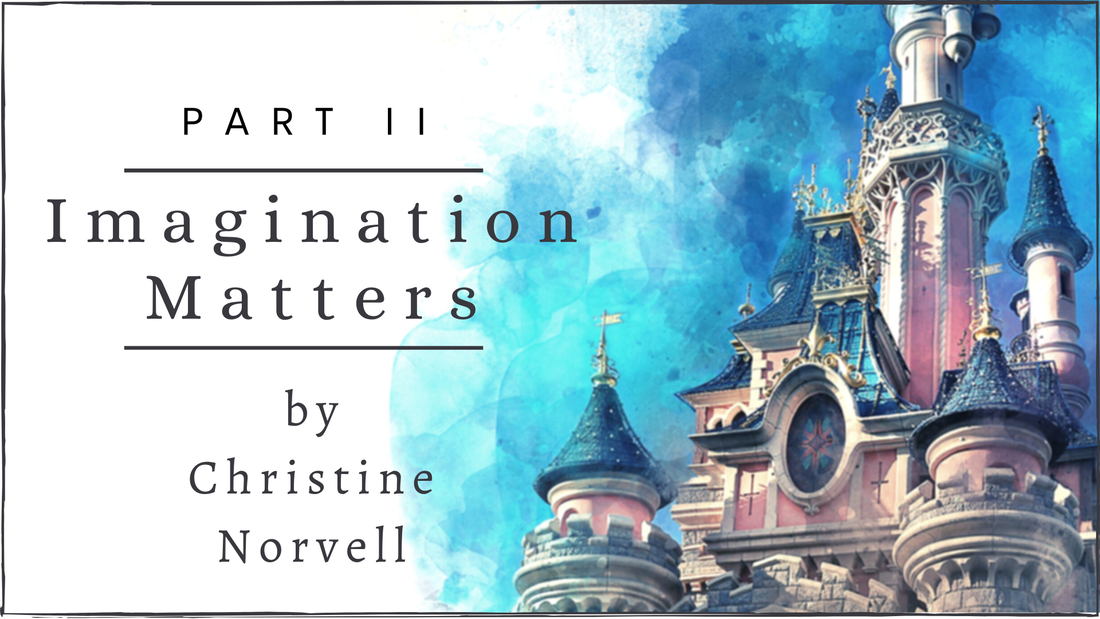
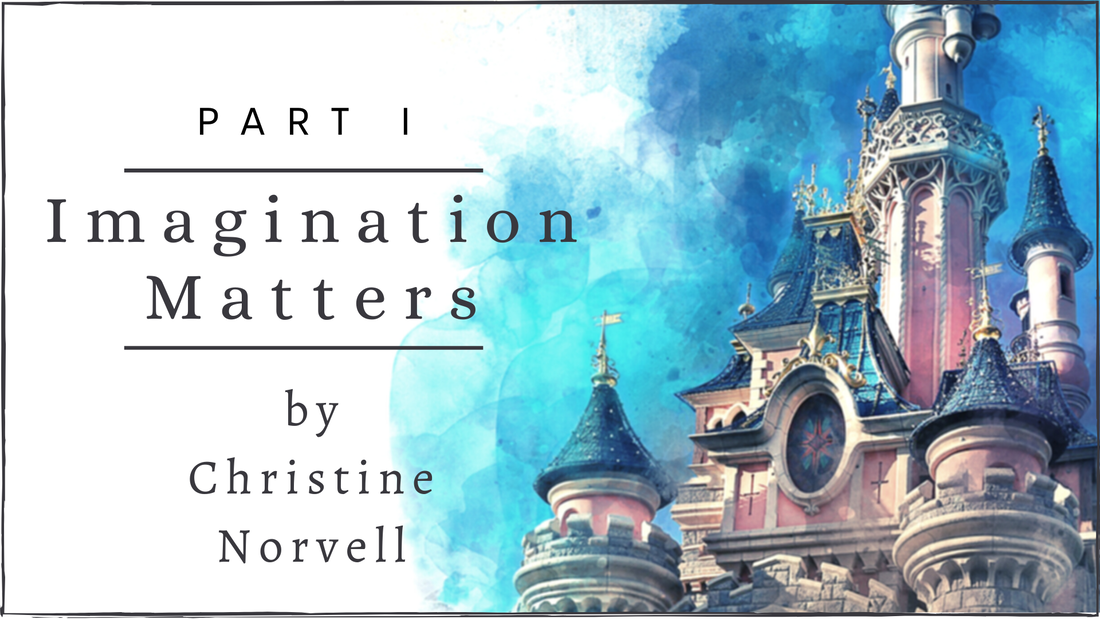
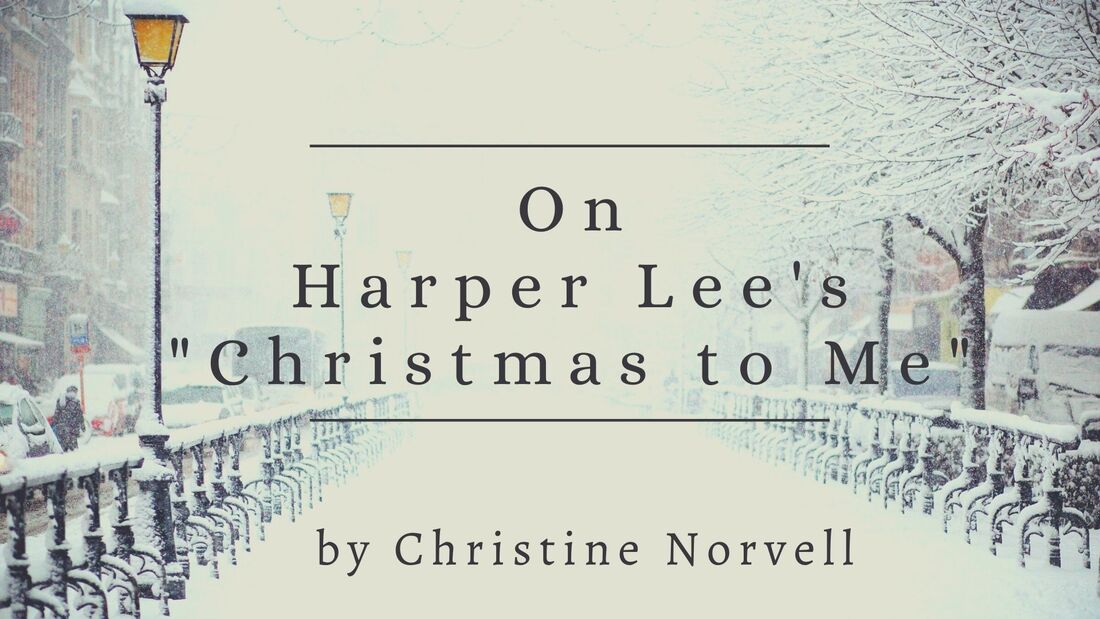
 RSS Feed
RSS Feed